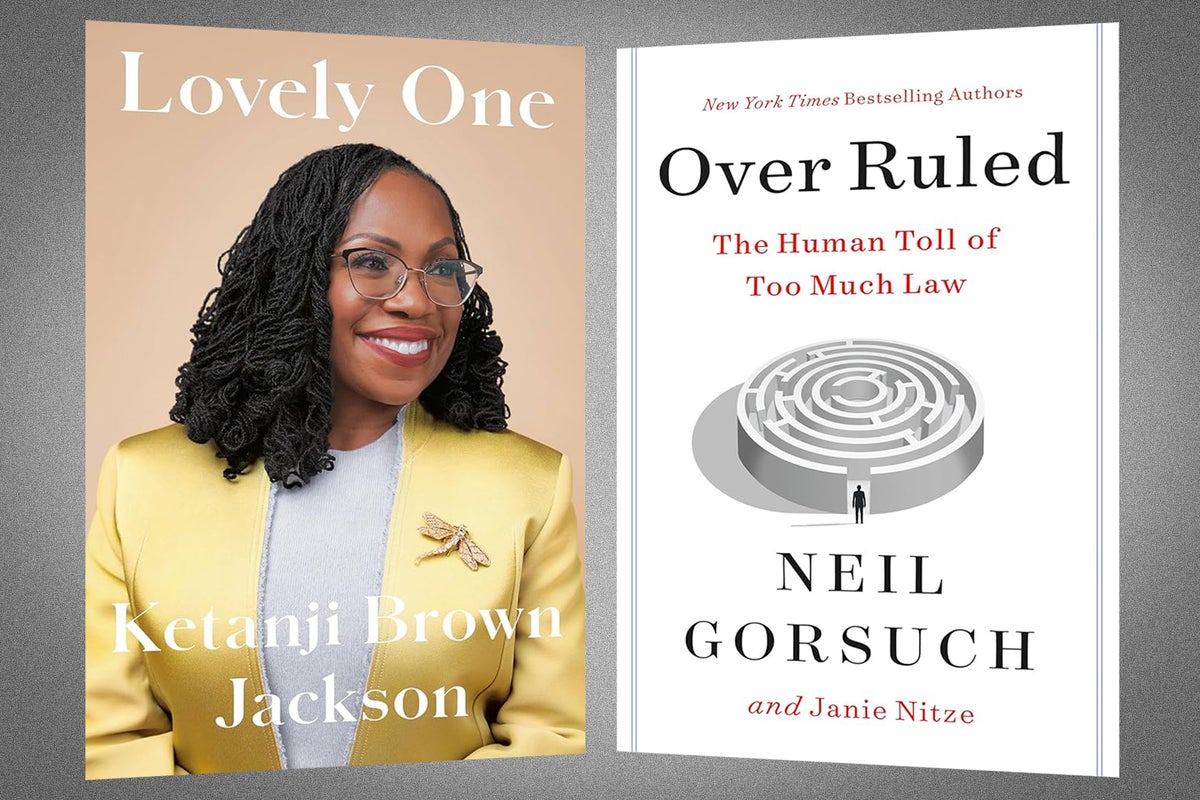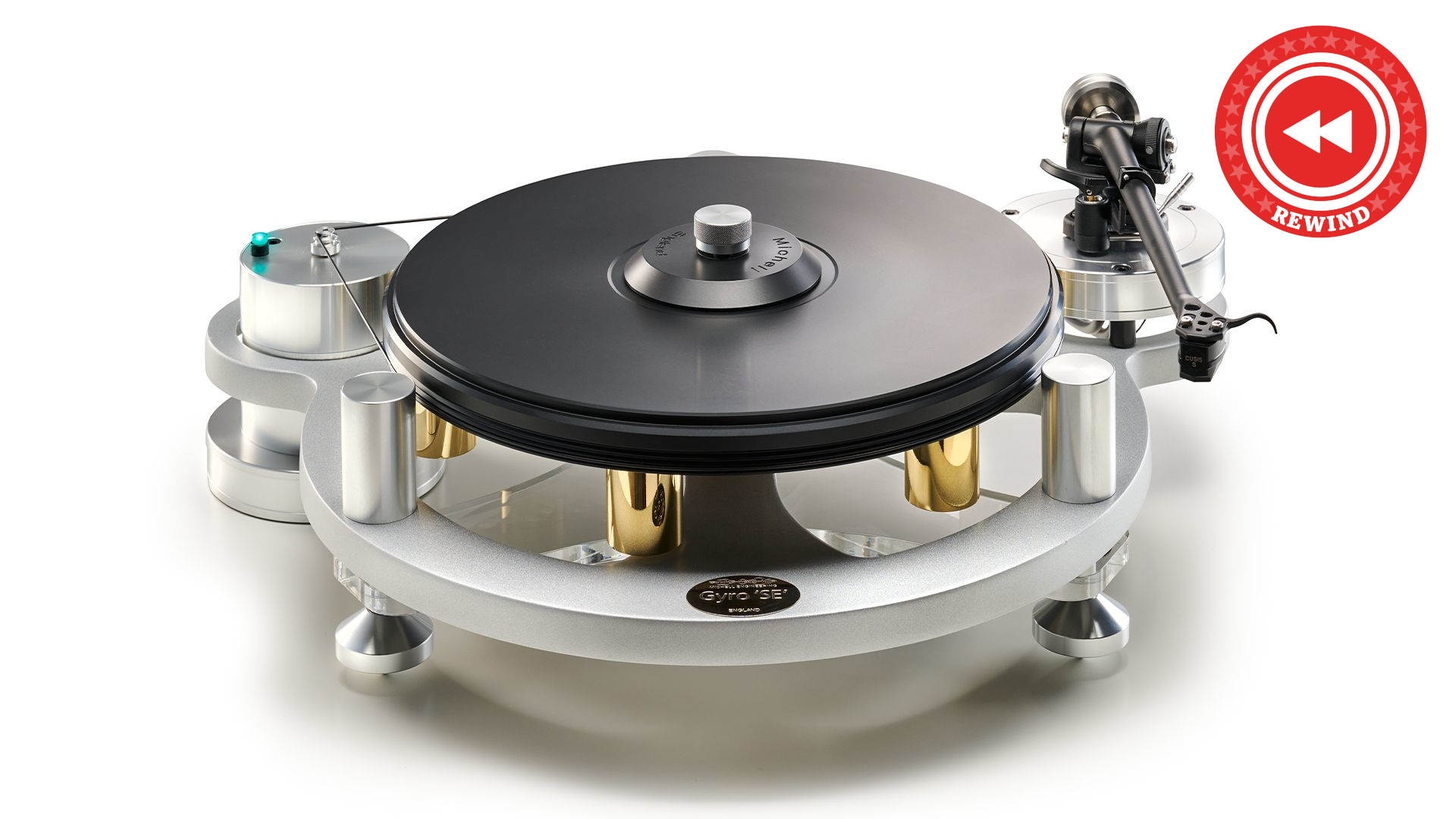This article was published in partnership with Balls and Strikes. During their summer vacations, Ketanji Brown Jackson and Neil Gorsuch did what all Supreme Court justices do every few years when the court is in recess: go on tour to promote a book. Jackson recently published Lovely One, her entry into the canon of de rigueur Supreme Court memoirs.
Gorsuch cranked out his version of this book in 2022, forcing him to come up with new material this time around: His latest, Over Ruled: The Human Toll of Too Much Law, details his critique of the administrative state, which, in a fun coincidence, he has spent the past few years cheerfully gutting. Supreme Court justices love writing books, and not only because of their excessive confidence that people are interested in what they have to say. Jackson's deal for Lovely One is reportedly worth $3 million; for a forthcoming book on (I am not making this up) "how judges are not supposed to bring their personal feelings into how they rule," Amy Coney Barrett inked a deal worth $2 million.
Although the justices, whose salaries are close to $300,000, must include book earnings in their financial disclosures, there is no cap on how much they can make. One of the privileges of ascending to the top of the federal judiciary is the right to pocket as much as a publisher will pay to print a glossy hardback with your face on the front. I would not characterize as "ideal" a system in which public servants who take up a lucrative side hustle can o.


















